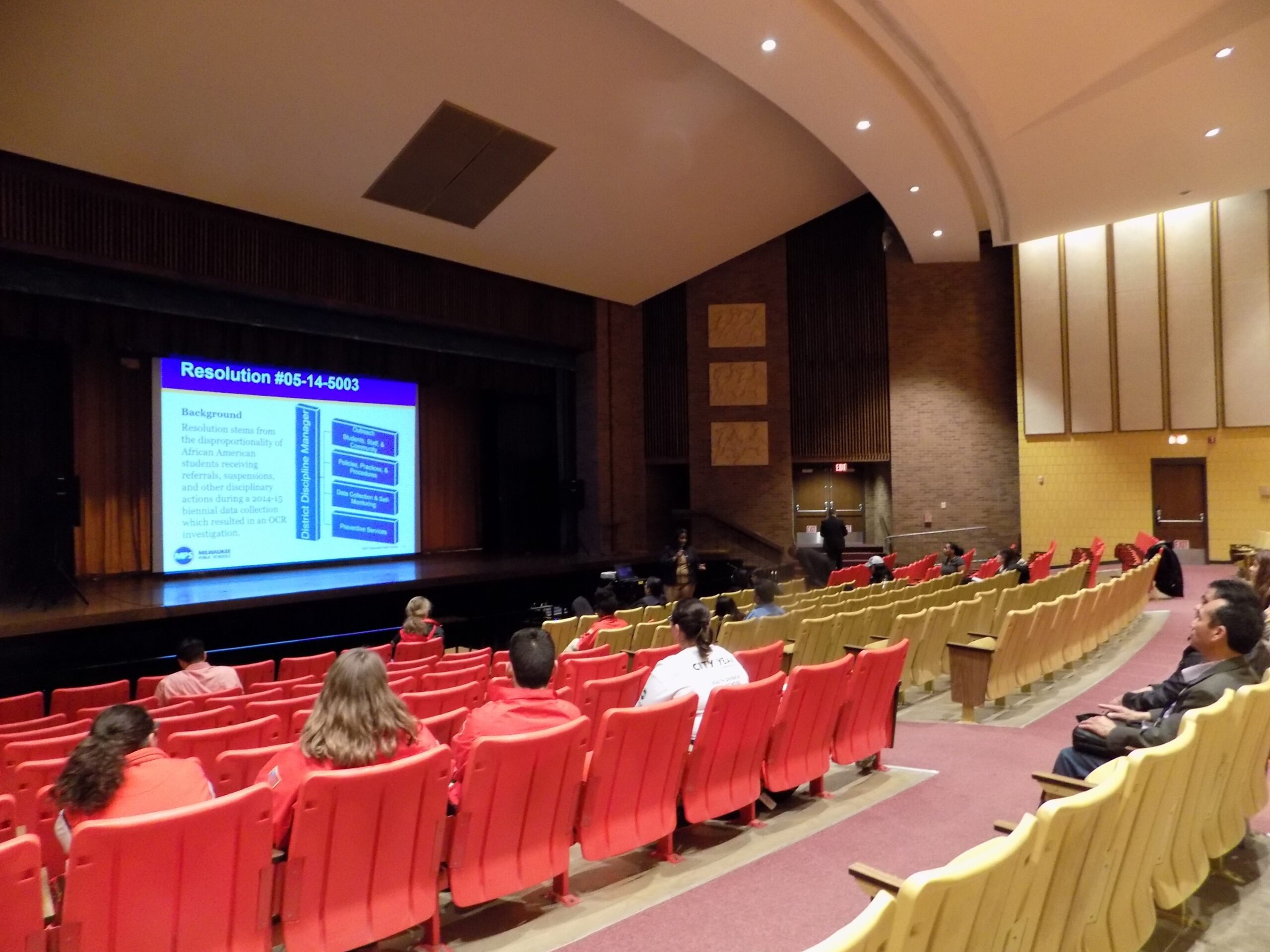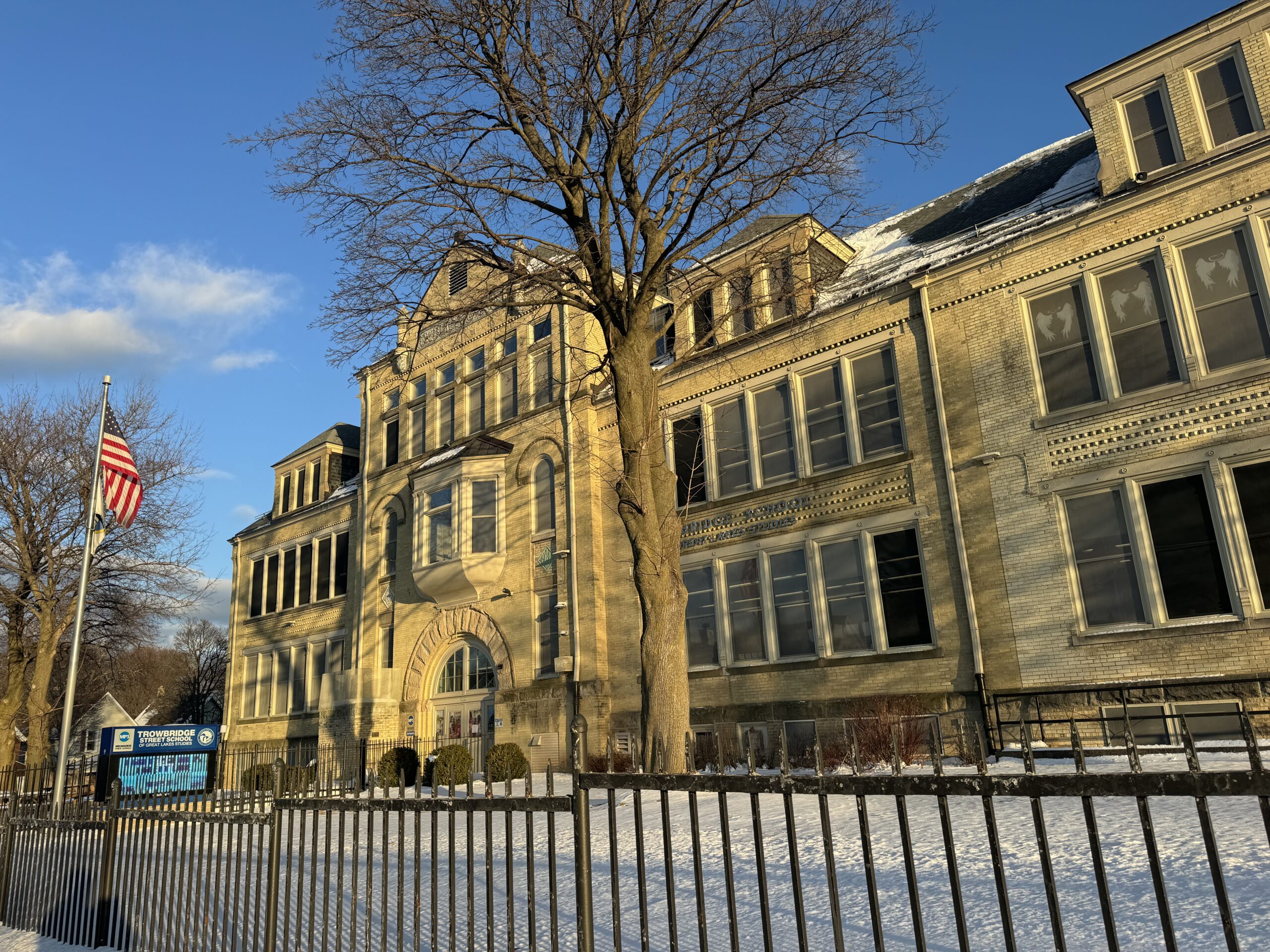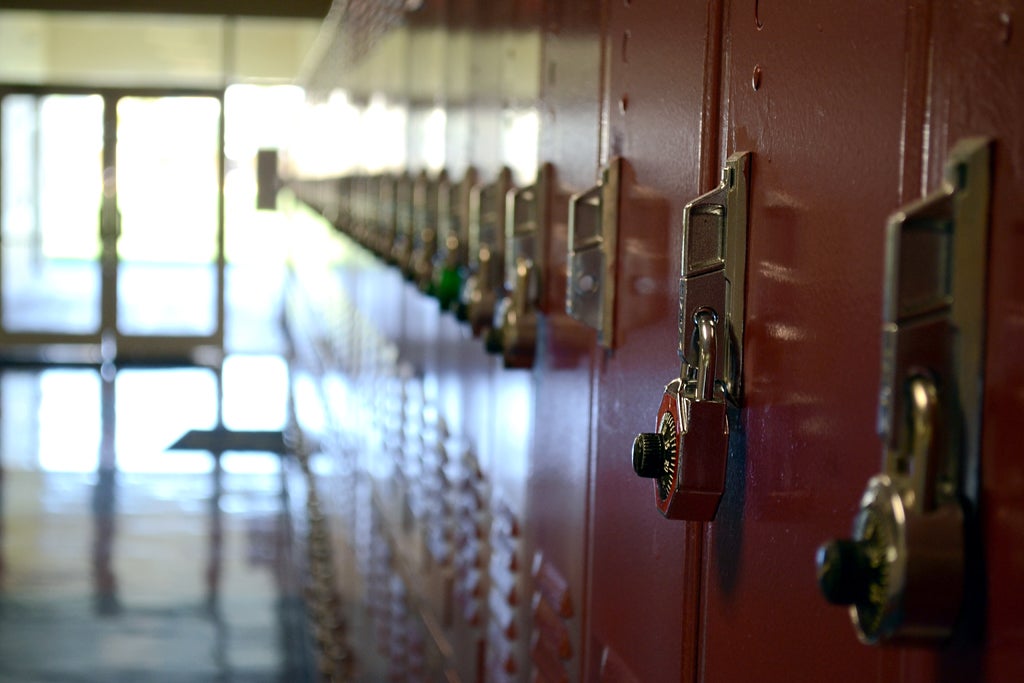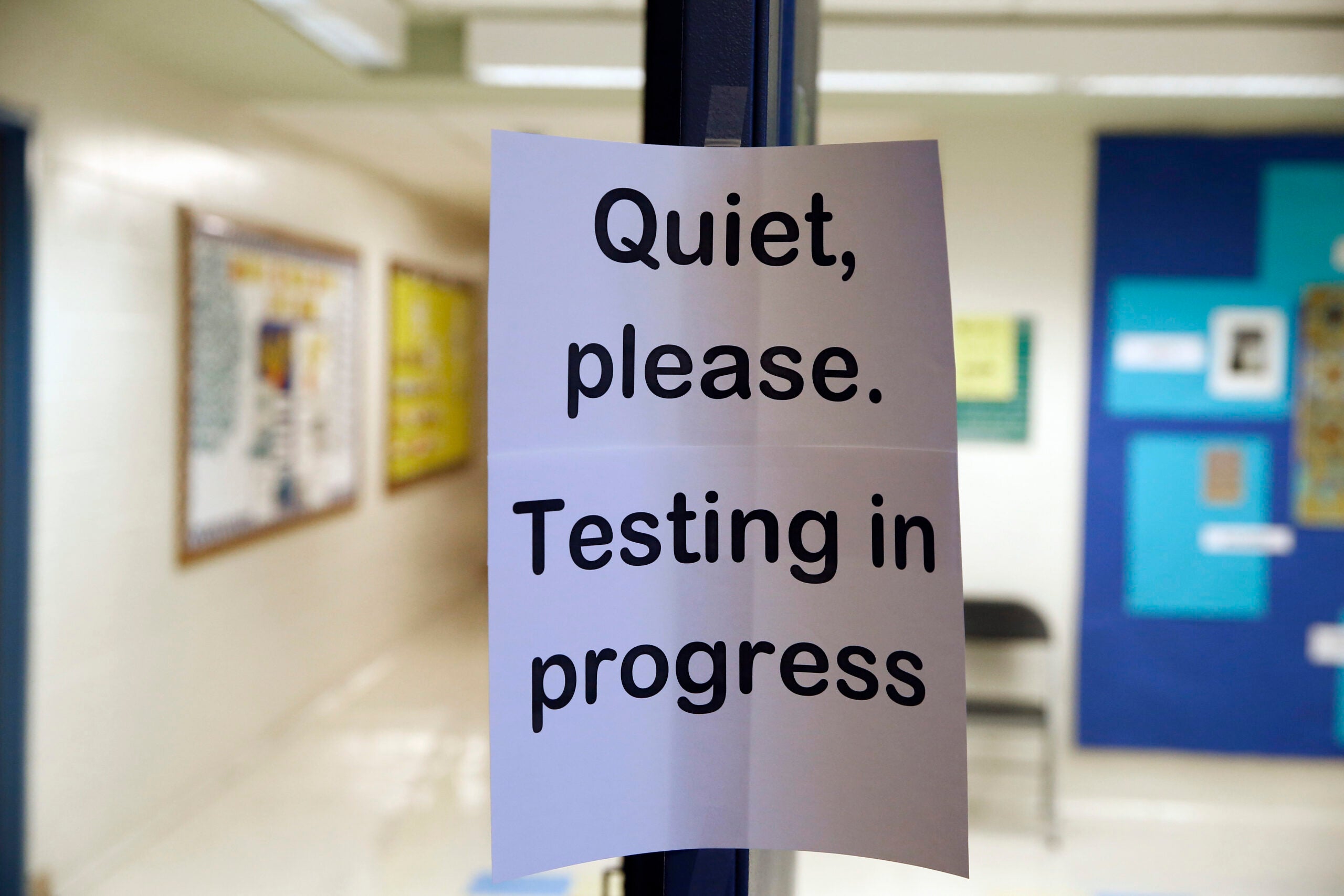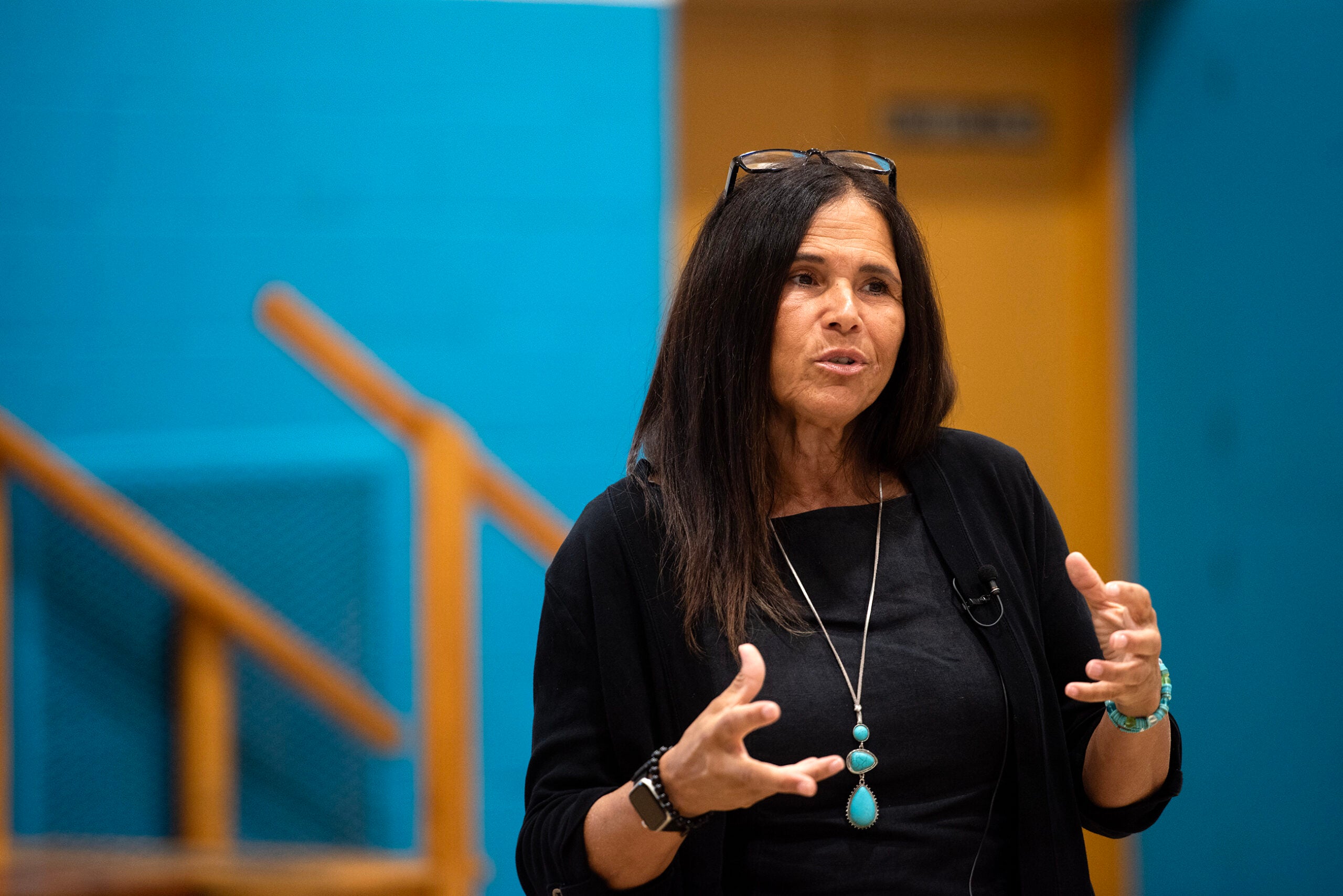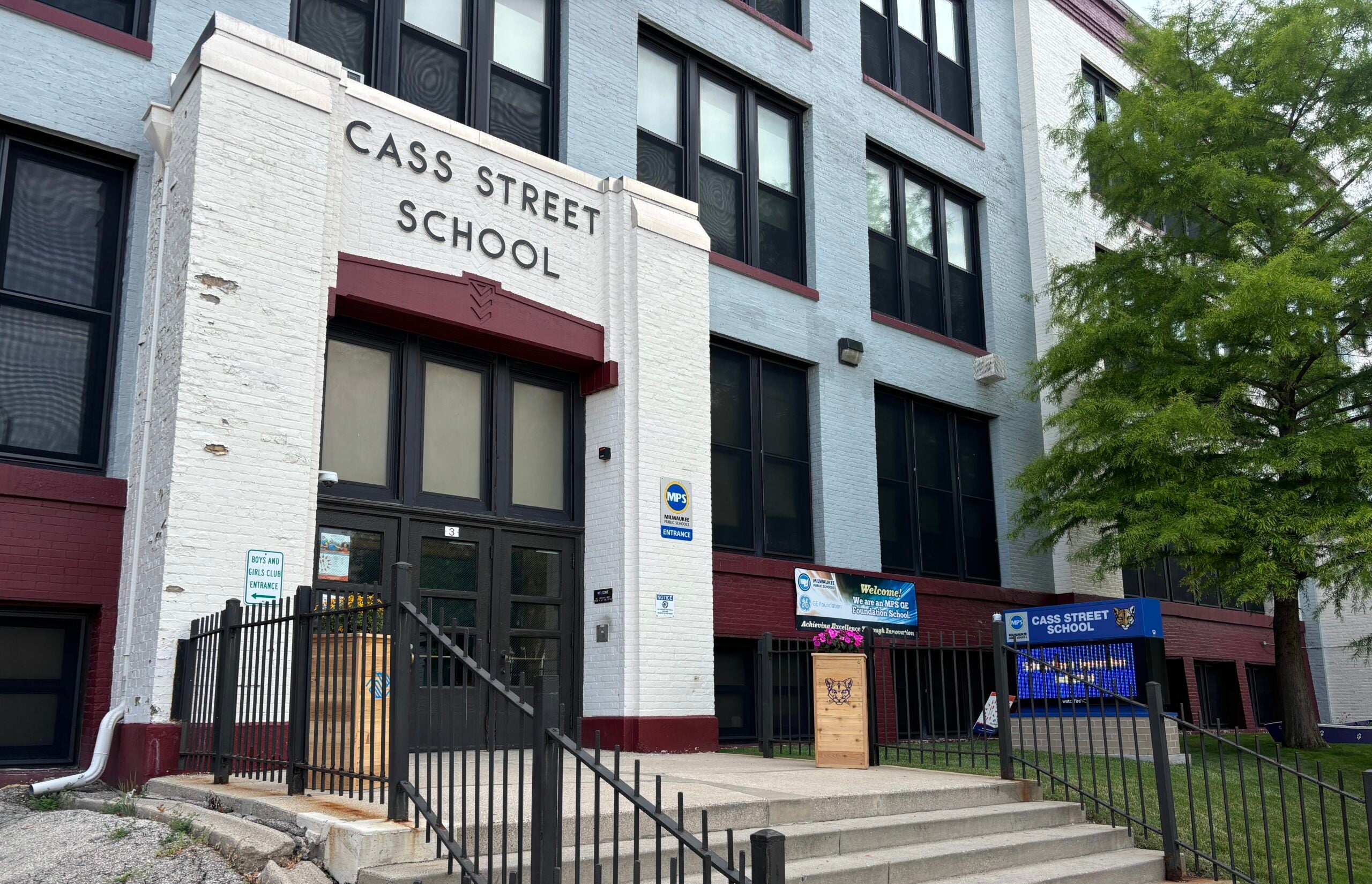Milwaukee Public Schools has wrapped up meetings that are part of a settlement with the U.S. Department of Education’s Office of Civil Rights. The settlement stems from an investigation that found district schools were more harshly disciplining black students.
The agreement requires the district to make changes to its student code of conduct to better define appropriate and inappropriate behavior.
The Office of Civil Rights also expects MPS to better train staff to identify students at risk of behavioral problems to avoid increasingly intense disciplinary measures, including referrals to law enforcement.
News with a little more humanity
WPR’s “Wisconsin Today” newsletter keeps you connected to the state you love without feeling overwhelmed. No paywall. No agenda. No corporate filter.
Throughout April, the district asked for community input for changes it plans to make in its disciplinary policies in a series of six meetings.
Patrick Chatman, an MPS principal helping the district in efforts to make disciplinary changes, ran the meetings asking for community feedback. He says it’s about more than discipline.
“It’s really about getting to the root cause, analysis of discipline and how we could support the staff and reaching children who might need extra support,” he said.
New federal data for 2015 show out-of-school suspensions have declined by half for MPS since 2011 and expulsions almost dipped by half during that period, but racial disparities remain.
In 2015, African-American students made up 53 percent of district enrollment but were 82 percent, or 2,186 students, of students suspended on more than one occasion. African-American students also accounted for 84 percent of expulsions.
Although suspensions and expulsions have dipped, referrals to law enforcement have multiplied. In 2011, there were 214 of these referrals in the district, 78.5 percent of which were black students. By 2015, that number went up to 1,017 referrals, 80.2 percent of which were black students.
During one of the community hearings at South Division High School attended by roughly two dozen people — mostly teachers — attendees said they welcomed the conversations about discipline.
Still, many raised concerns about school autonomy and how staff would be trained on disciplinary changes.
Morgan Coleman, a 17-year-old senior at Rufus King High School, has been involved in the student side of disciplinary discussions. Morgan said she’d like to see cultural sensitivity training and trauma-based training for staff.
“Something that just doesn’t attempt to alleviate the symptom as opposed to the cause of the illness,” she said. “So basically something that addresses the systematic failures as opposed to the disproportionality at hand.”
Dakota Hall is executive director of Leaders Igniting Transformation, a grassroots organization engaging young people with the goal of promoting social, racial and economic justice. The group takes special interest in dismantling what they call the school-to-prison pipeline.
Hall says the district still lacks urgency.
“We have a high rate of suspension of black students and we have to raise that as an emergency, we’re the worst city to raise a black child and our school district is adding to that instead of relieving that issue,” Hall said.
Some activists say the district did little to publicize the community meetings and questioned the likelihood of meaningful change.
Wisconsin Public Radio, © Copyright 2025, Board of Regents of the University of Wisconsin System and Wisconsin Educational Communications Board.

